COMPONENTS
Instructions for use (IFU)
A comprehensive set of instructions describing the set up and interpretation of results using the Actiphage RUO components for detection of Mycobacterium tuberculosis (Mtb) in human blood.
White blood cells isolation reagents
Mtb are sequestered by peripheral blood mononuclear cells (PBMCs). PBD Biotech has validated a robust, reproducible method to isolate intact PBMCs from a fresh sample of human whole blood, for exposure to and infection by our phage technology, Actiphage.
Actiphage incubation reagents
An optimal amount of freeze-dried phage particles for successful Mtb infection, lysis and recovery of released DNA.
DNA clean up reagents and spin columns
All the reagents required to remove any residual inhibitory substances from the phage infection assay and to purify and concentrate the DNA released from the Mtb ready for efficient downstream qPCR analysis.
Monarch DNA clean up kit should be purchased separately. Not supplied as a component by PBD Biotech Ltd.
Positive control
Freeze-dried attenuated M.bovis BCG strain. A positive control determines whether the pre-PCR sample-processing and PCR reaction conditions are optimal. It allows assessment of any enzymatic inhibitors and/or technical issues that may interfere with the efficiency of the pre-PCR sample-processing steps and PCR, giving confidence that the test is performing to the technical specifications detailed in the IFU.
Internal positive control
An exogenous DNA template. An IPC is added to each reaction to monitor the PCR assay performance and detect amplification inhibitors and false-negative results.
Negative control
Nuclease free water is supplied as a no-template control (NTC). An NTC omits any DNA template from the reaction and serves as a general control for extraneous nucleic acid contamination.
Internal positive control
Exogenous DNA template is supplied as an internal positive control (IPC). An IPC is added to each reaction to monitor the PCR assay performance and detect amplification inhibitors and false-negative results.
PCR assay reagents
Lyophilised PCR reaction beads containing polymerase enzyme, dNTPs, oligonucleotide primers and probes and PCR additives.
List of components coming shortly. In the meantime if you are interested in an RUO test please register below.
Contact Us
General contact form

